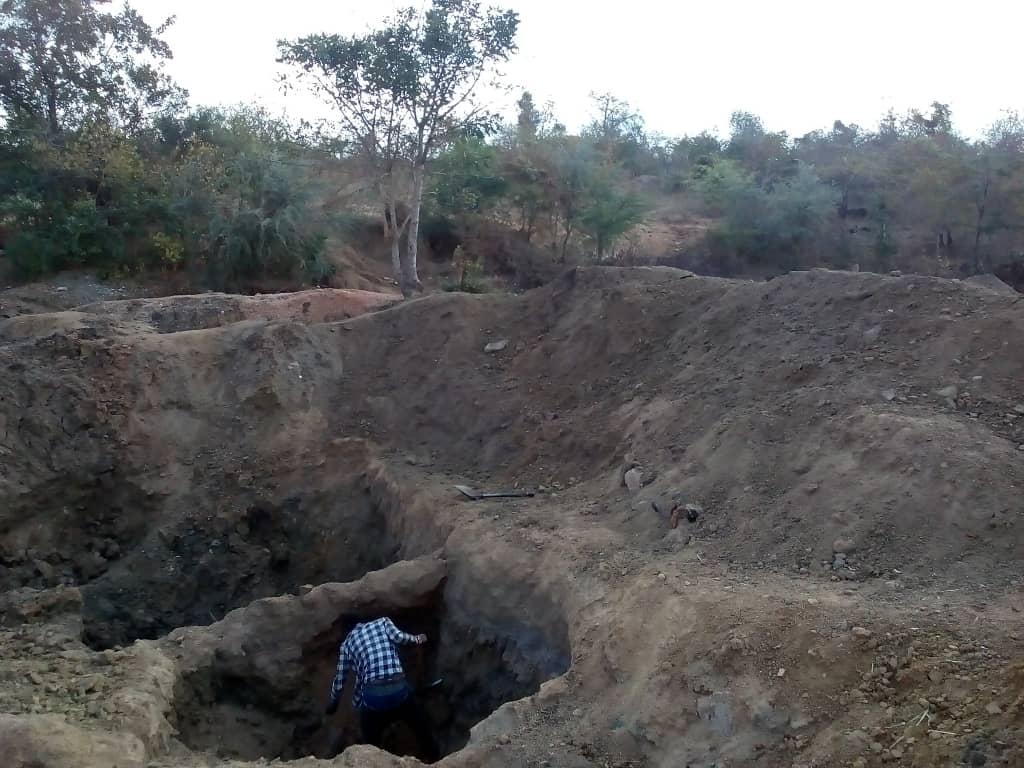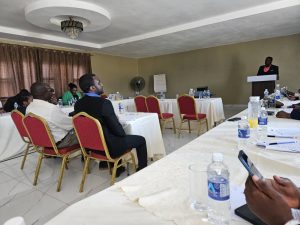ECC Champion
There would be need for greater scrutiny in the deployment of funds raised under the proposed Environmental Levy in view of government’s notoriety in public financial management as well as its shoddy handling of other funds, analysts have warmed.
Government recently announced plans to introduce an environmental levy on big companies involved in mining projects.
The money, according to the Minister of Information, Media and Broadcasting Services Monica Mutsvangwa, would be used to rehabilitate environmental damages wrought by the mining activities.
Mutsvangwa made the announcement during a press briefing which followed a cabinet meeting in October 2021.
However, some analysts say although the idea is plausible, it would need proper monitoring mechanisms to make sure the money does not go down the drain.
“It’s a good idea to make people who profit from the extractive sector to pay for the environmental damage done. I fully support that. But we seriously need to monitor how proceeds of the levy would be utilised.
“It’s unfortunate that there is a trust deficit between ordinary taxpayers and authorities in as far as efficient management of public finances is concerned. Government needs to work to rectify that by building the necessary confidence,” said environmental lawyer Darlington Chidarara.
He said people had every right to be pessimistic and to expect the money to be misappropriated given government’s unsatisfactory record in managing such funds as the Aids Levy.
Zimbabwe gets the bulk of its Anti-Retroviral Drugs from donors, particularly the US President’s Emergency Fund for Aids Relief (PEPFAR) despite the fact that government has for over 20 years been collecting the Aids Levy from all gainfully employed citizens.
Another environmental lawyer, Fidelicy Nyamukondiwa said he too found logic in proposals for an environmental levy though he harbours misgivings on how the resources would be deployed.
“There is need for government to restore trust in the way it manages public funds, otherwise it would simply be yet another case of a good policy framework that fails to live up to expectation.
“There are many taxes that people of this country are already paying yet there is gross dissatisfaction with the services being provided,” he said.
Government, however, claims that mining companies have for a long time used loopholes in the Mines and Minerals Act and the Environmental Management Act to get away with environmental crime.
“At law, mining companies are mandated to rehabilitate the environment where they are mining after they close or finish mining,” the Minister of Environment, Mangaliso Ndhlovu was quoted as saying in 2021.
“It’s a loophole that has been exploited, where a company official says I am still mining, I haven’t completed. I can mine for 50 years and the law will not be compelling rehabilitation of the environment.
“That, again, will have to be addressed. It has to be an ongoing process. We will also be considering having an environmental insurance. Where the rehabilitation cost is too high, we can then make use of the insurance. However, that would be an option available for the miner,” said Ndhlovu.
Meanwhile, government continues to license dozens of Chinese miners mainly in gold, chrome, black granite and lithium despite loud outcries against the Chinese’s apparent disregard for environmental protection.
Environmental Impact Assessments (EIAs) which are a pre-project requirement of the Environmental Management Act, seem to have become a box-ticking exercise especially on projects involving politically-connected people.
This report was made possible through support from WAN-IFRA Media Freedom’s Strengthening African Media Programme: Climate Change and Environmental Reporting. Views expressed here do not belong to WAN-IFRA






